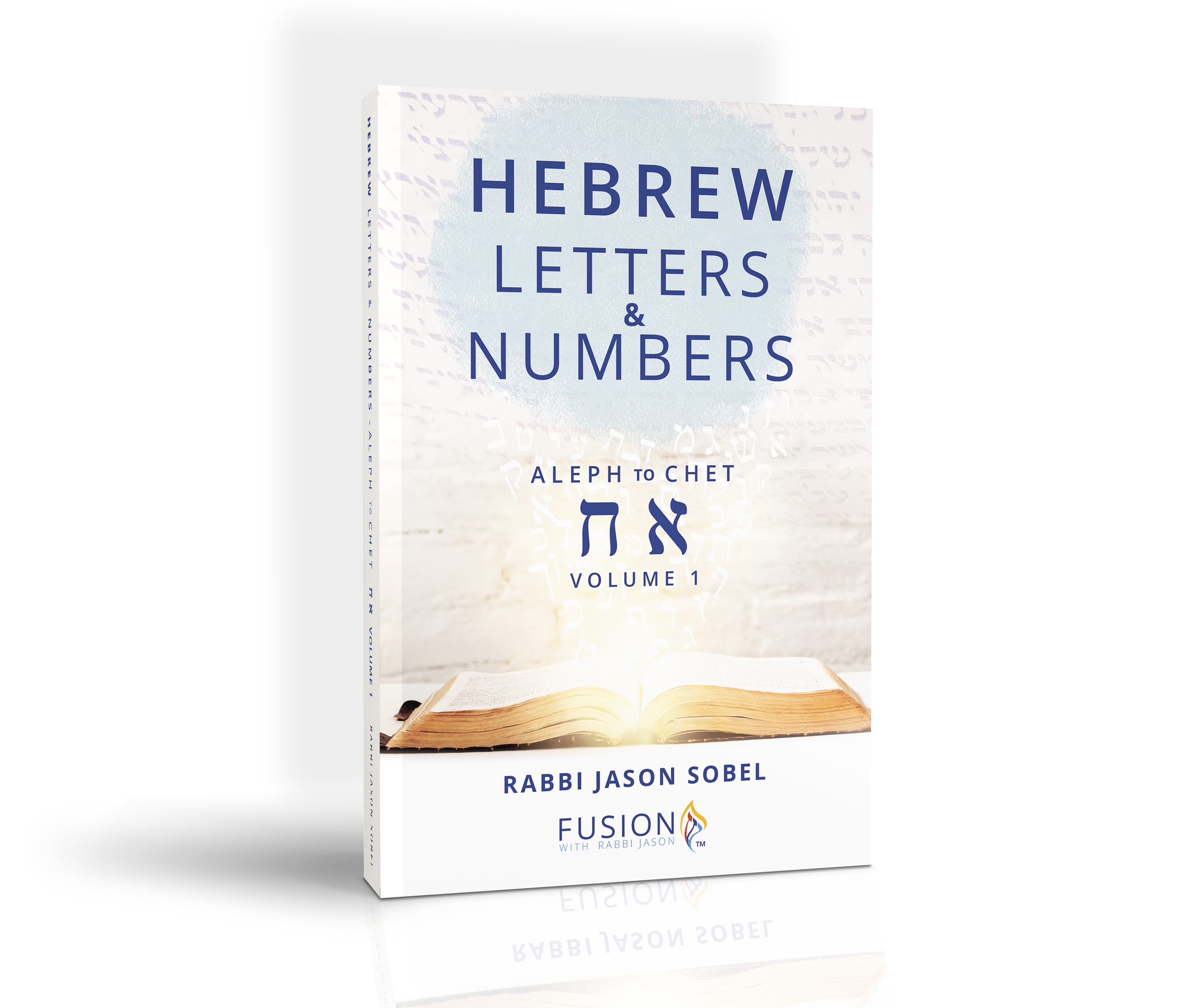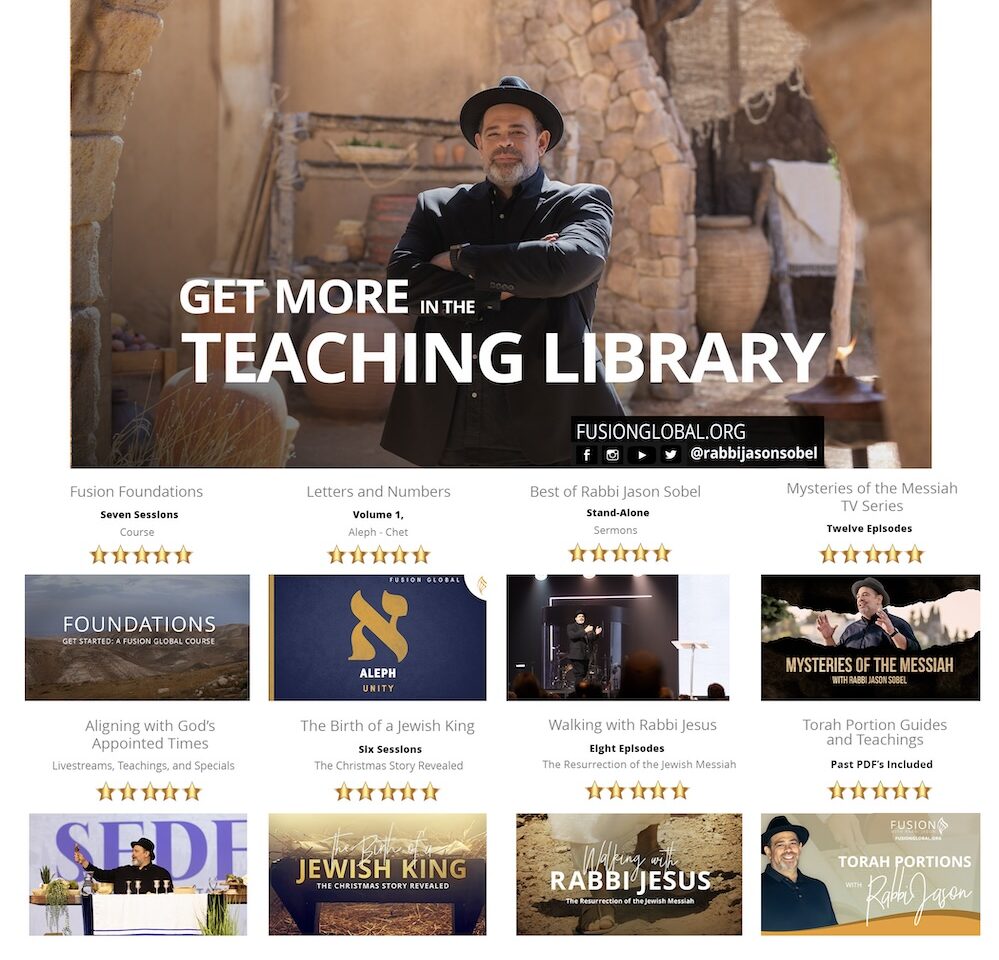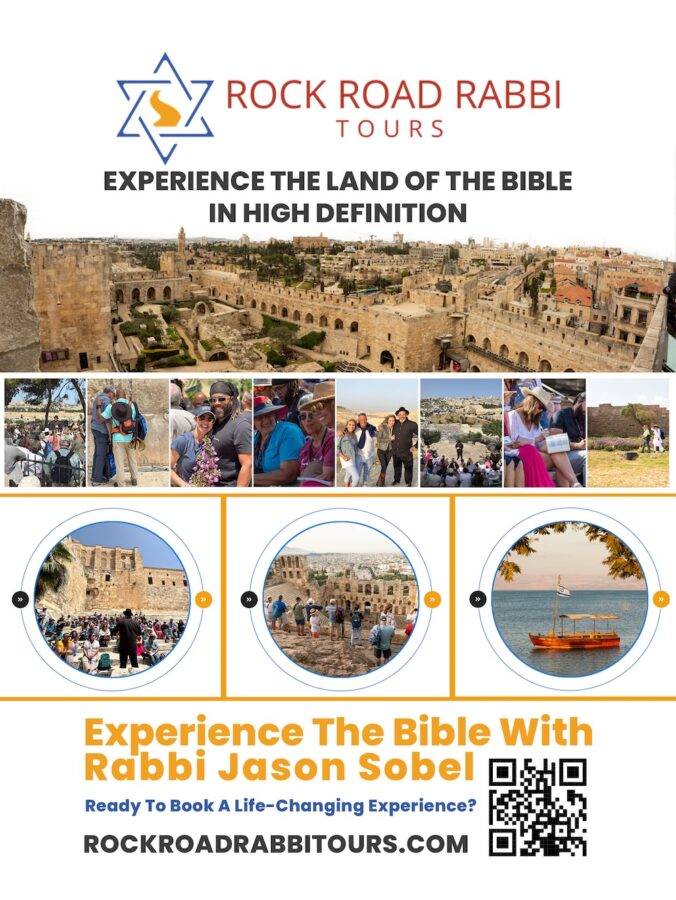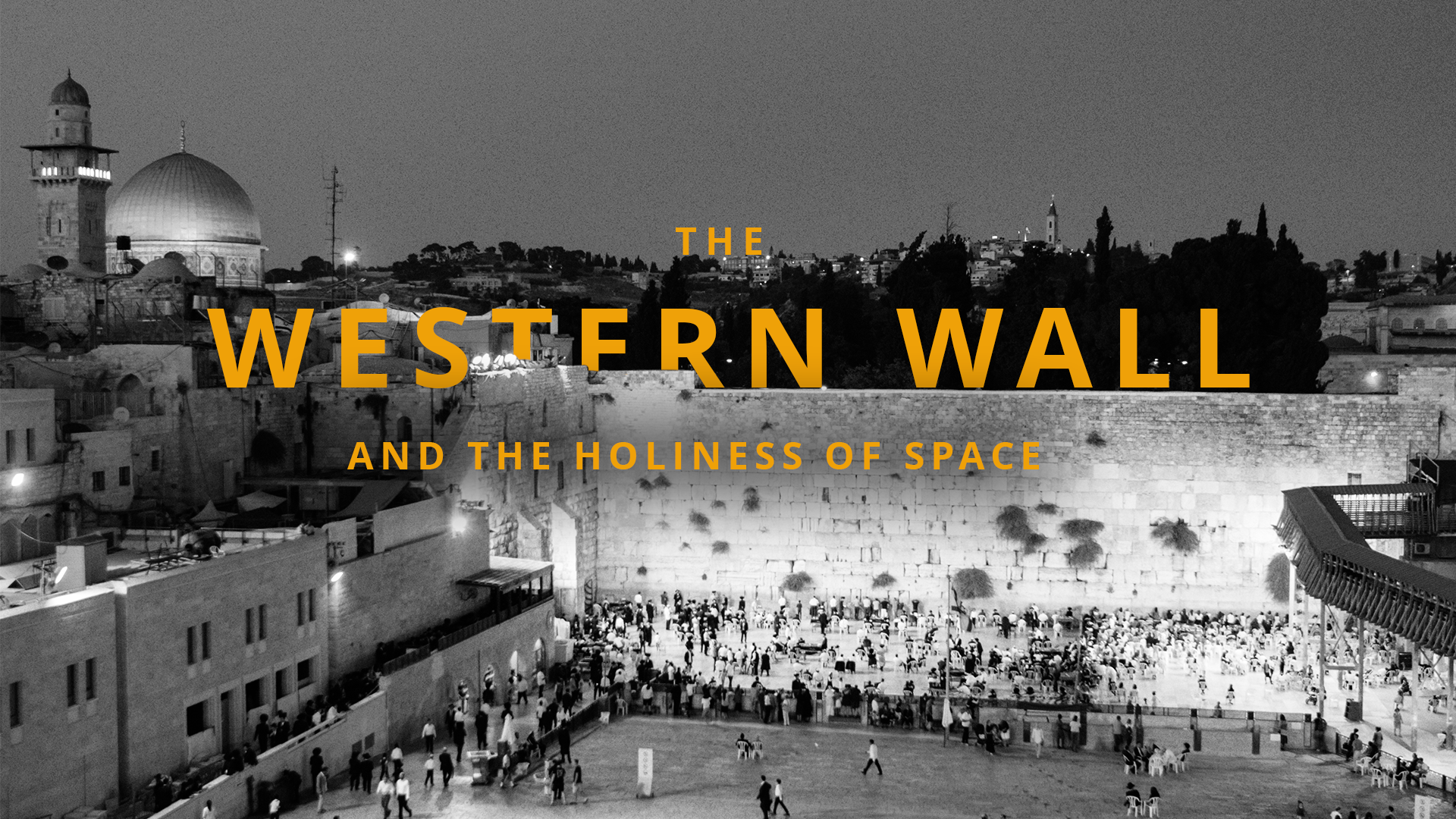ELUL: The King is in the Field
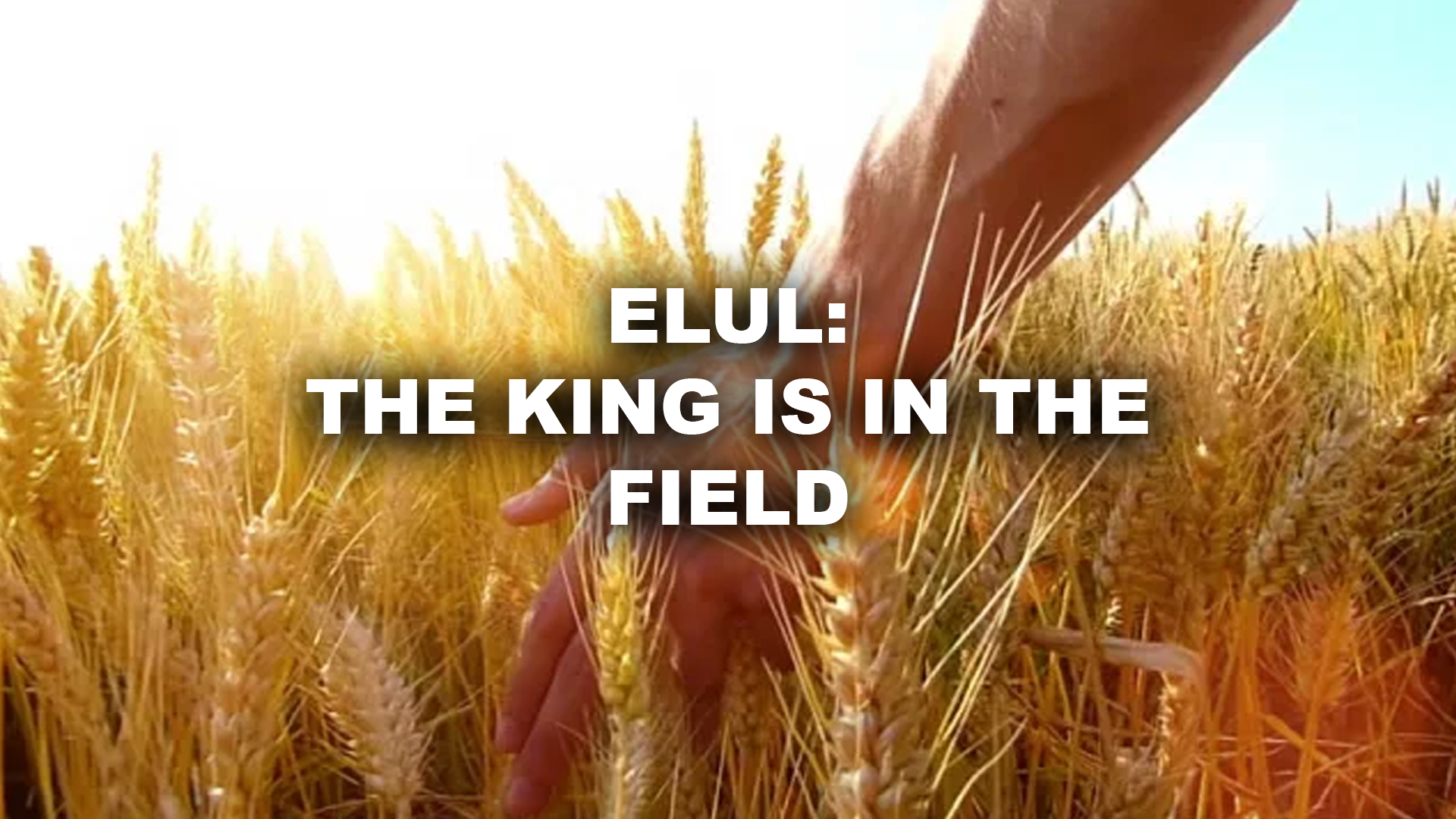

Elul’s Message of Divine Access and Accountability
The Jewish people have a calendar unique to their culture, which many call a “biblical calendar.” The standard Gregorian calendar has twelve months and 365.25 days and is determined by the Earth’s revolution around the Sun. The biblical calendar is “lunisolar,” and its twelve months are 29 or 30 days long, resulting in the need for an additional month every two or three years. As one might expect, these months have profound spiritual meaning, involving far more than merely marking time.
Read Time: 6 minutes
One detail that can lead to a lot of confusion is the fact that the Jewish people have more than one “New Year’s Day.” The month of Nisan marks the beginning of the ecclesial (or maybe we could say “religious”) year, while the month of Tishrei begins the civil year. Elul is the sixth month of the religious year and the final month of the civil year. Like many Jewish months, the name “Elul” originated in the Babylonian exile. It comes from the Akkadian word for harvest. In Jewish tradition, Elul evolved as an acronym for Song of Songs 6:3, “Ani Ldodi Vdodi Li” (“I am my beloved’s and my beloved is mine”). From his interpretation of this text, Rabbi Shneur Zalman of Liadi would develop his now-famous concept, “The King is in the Field.”
The basic premise of “the king is in the field” comes from the ancient practice of a royal procession. We see an example of this practice in the story of Jehoshaphat, the king of Judah:
Jehoshaphat dwelt in Jerusalem and he went out again among the people from Beer-sheba over to the hill country of Ephraim and brought them back to Adonai, the God of their fathers. –2 Chronicles 19:4
Occasionally, a king would leave his palace and mingle with the people, hearing their concerns and offering assistance. Whereas typically, only court officials and foreign dignitaries could gain access to the king (and then only by royal invitation), even the lowest peasant could approach the king in these moments. It was a time when, instead of people attempting to see the king, the king was actively seeking to see his people and come closer to them.
Few people know what it’s like to live in a kingdom under the reign of a king. Our leaders are elected and come from “normal” life. This cultural gap between contemporary democracies and ancient monarchies can limit our appreciation for notions such as “the king is in the field.”
What significance might this monarchical tradition have for my life?
Why should I care about some odd practice from thousands of years ago?
Well, Yeshua-Jesus—the Savior we worship and follow—has the title of “King of kings” (see Revelation 19:16). The psalmist exclaimed, “ADONAI is King forever and ever! Nations will be wiped off His land” (Psalm 10:16). The central prayer of our faith cries, “Thy kingdom come!” (see Matthew 6:10). Our natural governments may be democracies, but our spiritual citizenship is in a kingdom ruled by a King!
And our King is accessible! This truth should bring comfort and reassurance to us, knowing that He is always near, always ready to listen and help.
“Seek Adonai while He may be found, call on Him while He is near. Let the wicked forsake his way, and the unrighteous one his thoughts, let him return to Adonai, so He may have compassion on him, and to our God, for He will abundantly pardon.” –Isaiah 55:6-7
“So let everyone who is godly pray to You in a time when You may be found. When great floodwaters rise, they will not reach him. You are my hiding place— You will protect me from distress. You surround me with songs of deliverance.” –Psalm 32:6-7
These verses highlight the value and legitimacy of seeking our King with urgency and passion. Elul is the month when “the King is in the field,” a time for His people to expect a unique encounter with Him. Please note, however, that this is NOT to suggest that Elul is the only time we have this sort of access to God. Instead, it highlights this season as a time of particular emphasis on this practice.
The Fall Holidays
Elul leads up to a highly significant time on the biblical calendar, the “Days of Awe” that begin with Rosh Hashanah and conclude with Yom Kippur. These holidays carry eschatological meaning on the macro and personal levels. There is an underlying sense of sobriety and vigilance, as these days serve as reminders that a day is coming when we will all stand before the King of kings and give an account for our lives. Scripture admonishes us, “Do not boast about tomorrow, for you do not know what a day may bring” (Proverbs 27:1). And again, “You do not know what your life will be like tomorrow. What is your life? For you are a vapor that appears for a little while and then vanishes” (James 4:14).
Elul, when “the king is in the field,” underscores the weighty fact that this life is a limited season in which we may seek the King and come to favorable terms with Him. God graciously calls us to live in the wisdom of remembering that we do not know if we will wake to see tomorrow, so in a sense, this is the time to seek the King! While Elul reminds us that “the King is in the Field,” every moment is an opportunity to seek our King.
As the King of kings, Jesus is the ultimate expression of “the King is in the field.”
The Apostle Paul wrote that the Lord, “though existing in the form of God, did not consider being equal to God a thing to be grasped. But He emptied Himself—taking on the form of a slave, becoming the likeness of men and being found in appearance as a man. He humbled Himself— becoming obedient to the point of death” (Philippians 2:6-8). The human mind will never be able to fully comprehend, at least not this side of the Resurrection, how great a sacrifice it was to lay down all the energies of divinity, to descend from the glorious fullness of eternal infinitude to humbling limitations of an impoverished baby (lacking bladder control!). Scripture makes it clear that Jesus suffered all the weakness, frailty, and temptation of the human experience: “For we do not have a high priest who is unable to empathize with our weaknesses, but we have one who has been tempted in every way, just as we are—yet he did not sin” (Hebrews 4:15 NIV). The Son of God endured all of this to draw us unto Himself. In his letter to the Corinthians, Paul wrote that “in Messiah God was reconciling the world to Himself” (2 Corinthians 5:19).
Pray…Study…Praise…Meditate…Serve…with confident expectation!
FREE WEEKLY TORAH PORTIONS:
"Went to Israel because I read The Rock The Road The Rabbi. I hungered for more and read Mysteries of the Messiah. Now The God Of the Way has taken me even deeper into the understanding of the Bible. Thank you Jason and Kathy for helping me grow spiritually."
What is Fusion with Rabbi Jason?
It is in looking back at what God has done that we can see forward to His future plans for us. “For I know the plans I have for you,’ declares the Lord, plans to prosper you and not to harm you, plans to give you hope and a future” Jer 29:11.
At Fusion Global with Rabbi Jason Sobel, we want to add definition to your faith as we restore the lost connection to our ancient roots and rediscover our forgotten inheritance.

